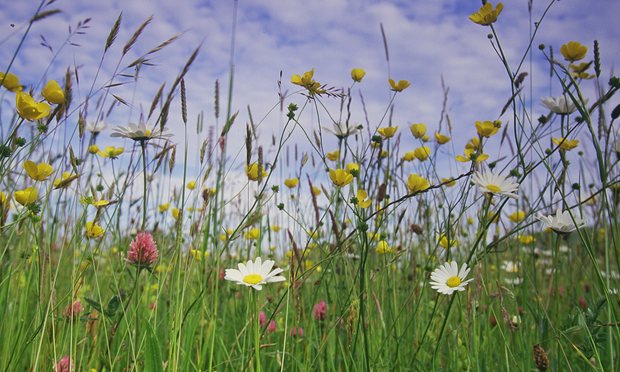Budget cuts threaten to weaken powers of England’s nature watchdog. Leaked documents and sources show Natural England will use its legal powers less and seek funding from the private companies it is meant to keep in check

England’s nature watchdog is planning to use its legal powers less and risks becoming a weak regulator forced to raise funding from the private companies it is meant to keep in check, leaked documents and sources reveal.Natural England is duty-bound to defend rare species and protected areas including national parks and England’s 4,000 sites of special scientific interest from potentially environmentally damaging developments. But the regulator faces a budget cut of 27% and a reduction in headcount of 20% by 2020 due to cuts to the Department for Environment, Food and Rural Affairs (Defra). This means it will have a “significantly reduced national capacity”, it admits,. A internal document from June, seen by Greenpeace and shared with the Guardian, says the agency will “make more proportionate use of our regulatory powers” and “retain our regulatory powers but will use them more proportionately and more efficiently, while increasingly operating through advice and partnership.” Internal sources say this amounts to using its powers less and to agreements that “compromise wildlife”. A source at the regulator told the Guardian: “Stepping back and not using regulation so often is basically saying: we won’t regulate if people break the law, or persecute a species or destroy habitats, we will never take them to court. “If people see us as a weak regulator, then they will take advantage of that. We’ve already been like that in the last few years. We’re much, much less likely to go to court than we were five years ago.” Conservation organisations say they have already seen Natural England stepping back or not engaging in cases at a local level. The Wildlife Trusts cited Natural England failing to stop the ploughing of a wildflower meadow in Coventry, and the watchdog withdrawing an objection related to a housing development in Chudleigh, Devon, that the trust claimed threatened greater horseshoe bats in a protected area. The RSPB pointed to the case of Walshaw Moor, a shooting estate in the Pennines where Natural England dropped an inquiry into peat-bog burning. It believes the regulator is in breach of its duties under European habitats and birds directives.

